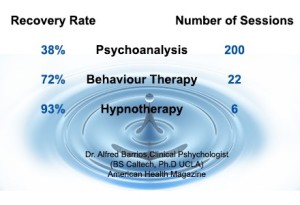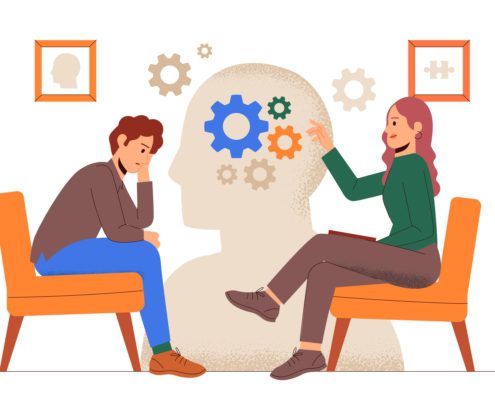Unlocking the Mysteries: Does Hypnosis Work?
Hypnosis, with its air of intrigue and mystery, has long captivated the human imagination. From Hollywood portrayals to stage performances, it’s often depicted as a tool for mind control or entertainment. But beneath the surface lies a fascinating realm of science and therapy, where hypnosis is utilized to address various issues, from smoking cessation to anxiety management. So, does hypnosis truly work? Let’s delve into the depths of this question to uncover the truth.










